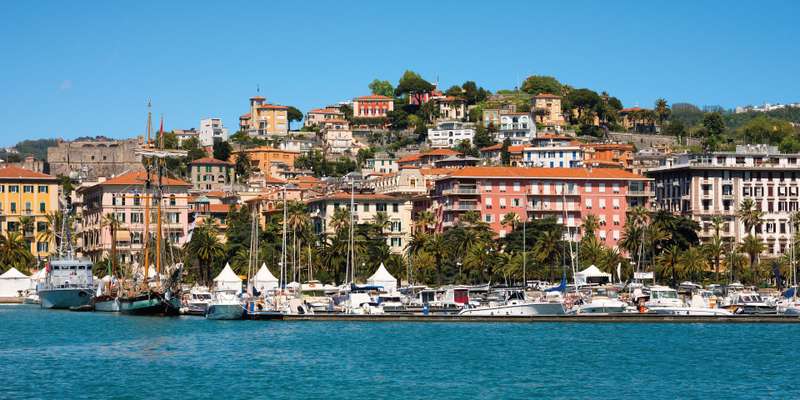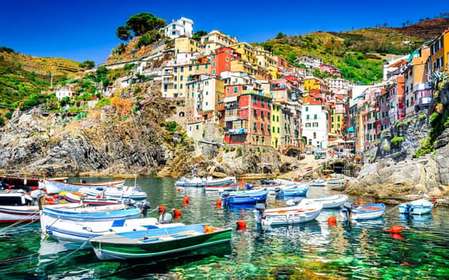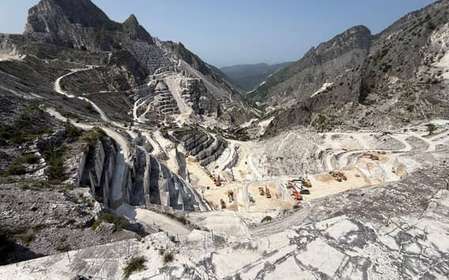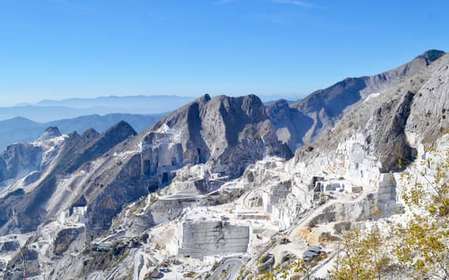- Home
- Useful Tips
- Tips for eco-friendly travel in...
The stunning Ligurian coastline faces overtourism pressures, with 5.4 million annual visitors threatening its delicate ecosystems. Many travelers want to reduce their environmental impact but struggle to find reliable information beyond generic 'reuse towels' advice. Between crowded trails in Cinque Terre and cruise ship crowds at Porto Venere, conscientious explorers often feel forced to choose between experiencing La Spezia's beauty and protecting it. Local initiatives like plastic-free marinas and heritage preservation programs reveal a community deeply invested in sustainable tourism – if you know where to look. The right approach lets you enjoy pesto-making classes without contributing to monoculture farms, or hike ancient salt routes without erosion concerns.


Navigating La Spezia without a rental car
The compact nature of La Spezia makes it ideal for car-free exploration, with 87% of key attractions accessible via the efficient CTP bus network or walking routes. Start at the fully pedestrianized Via del Prione, where electric minibuses connect to the train station every 12 minutes. For Cinque Terre access, regional trains offer 100% renewable energy-powered services with hiker-friendly storage racks. Savvy travelers purchase the Cinque Terre Card which includes unlimited train travel and park maintenance contributions. Don't miss the harbor's solar-powered water taxis – these silent electric boats provide stunning coastline views while supporting the city's marine conservation efforts. Early risers can join locals cycling the 12km Biosphere Reserve trail before tourist crowds arrive.
Ethical dining from port to hillside
La Spezia's food scene thrives on seasonal ingredients sourced from terraced farms preserving ancient agricultural traditions. Skip the tourist traps near the cruise terminal and seek out Osteria della Corte, where 90% of ingredients come from within 15km – their testarolo pasta uses heritage grain varieties. Thursday mornings bring the zero-waste Mercato Contadino di La Spezia, where producers take back packaging for reuse. For seafood, look for Slow Food-certified trattorias like Antica Osteria del Mare serving line-caught anchovies. A remarkable initiative connects diners with retired fishermen through 'Suq della Pesca' dinners, where your meal funds marine cleanup projects. Cooking classes at Agriturismo Montepertico teach preservation techniques using organic garden surplus.
Low-impact accommodations with character
Beyond generic 'eco-hotels', La Spezia offers unique stays supporting cultural preservation. The restored 18th-century Affittacamere Le Erbe features upcycled maritime decor and funds local youth heritage programs. For agritourism, Podere Marcampo's stone farmhouse runs on geothermal energy while offering olive harvest volunteering. Budget travelers love Ostello Tramonti, a solar-powered hostel with bike repair stations and guided 'plogging' (jogging while litter-picking) tours. New in 2023 is EcoResidence Porto Venere, built from salvaged ship materials with a rainwater-fed natural pool. Many properties partner with Rewilding Apuan Alps to offset guest footprints through wolf conservation – ask about their 'adopt a trail' program when booking.
Responsible exploration beyond Cinque Terre
While crowds flock to Vernazza, sustainable travelers discover La Spezia's lesser-known gems. The ancient Via dell'Amore coastal path restoration project offers guided hardhat tours explaining sustainable reconstruction techniques. In the hills, Parco di Montemarcello's citizen science programs let you monitor biodiversity while hiking. The naval museum's 'Green Dock' initiative includes electric boat tours of secret military gardens now serving as urban wildlife habitats. For unique souvenirs, Cooperativa Artigiana di Campiglia teaches traditional basket weaving using sustainable marsh reeds. Time your visit with the autumn Chestnut Fair in Biassa, where forest management workshops demonstrate how tourism supports wildfire prevention in this fragile ecosystem.



